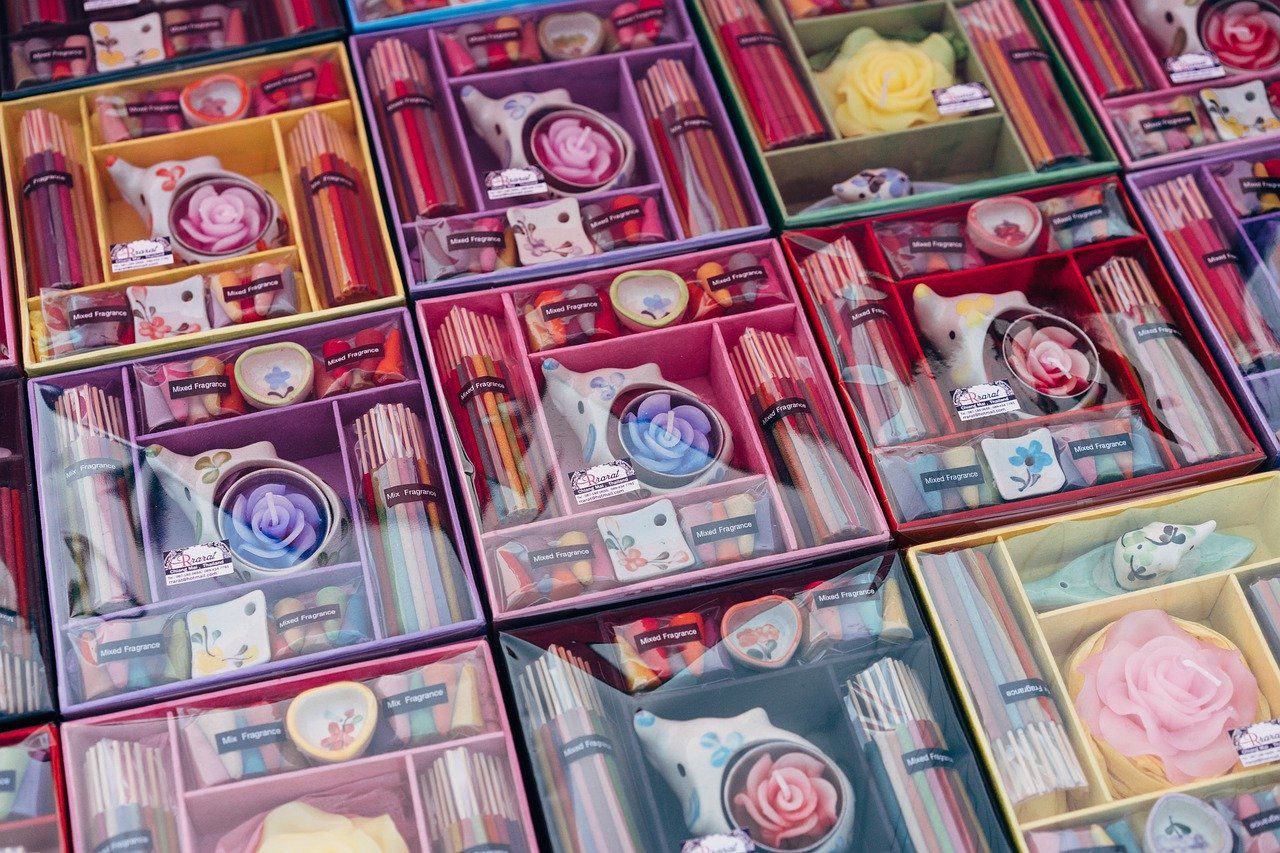Mobile, pre-sales marketing and a live television gala event starring James Bond, were just some of the elements making this year’s Alibaba Singles Day event another record-breaker.
Alibaba Singles Day, China’s 24-hour online shop-a-thon, has smashed all e-commerce shopping records after raking in US$14.3 billion in gross merchandise volume (GMV) – a 60 percent increase on the previous year.
The event reached new heights in 2014 when it generated US$9.3 billion in GMV, leaving many observers wondering how this year’s event could compete.
A global theme, enhanced by strong, international partnerships to give Chinese consumers access to more foreign brands, were just some of the ways Alibaba achieved this.
Here is a list of fast facts summing up this year’s online extravaganza:
1. Sales figures
As Singles Day kicked off in China at midnight on Tuesday, Alibaba was already well on the way to breaking numerous records.
- GMV exceeded US$5 billion 90 minutes into the event.
- At midday, Alibaba GMV surpassed its 2014 record of US$9.3 billion.
- By event close total GMV through Alibaba’s financial payment platform, Alipay, was US$14.3 billion (RMB 91.2 billion) – more than Cyber Monday and Black Friday combined.
2. Mobile
Last year, mobile accounted for 43 percent of Alibaba Singles Day purchases. This year that figure reached 68.7 percent of total GMV.
Total number of mobile buyers on Alibaba’s B2C Tmall.com and C2C Taobao marketplaces was 95 million.
*Reproduced courtesy Alizila
3. Globalization
“This is not just an opportunity for China, this is an opportunity for the world,” said Jack Ma, founder and executive chairman, Alibaba Group. And so it was.
This year Chinese consumers had even greater access to foreign goods, such as fresh produce and infant milk formula, through the introduction of 12 country-branded pavilions. China’s implementation of cross-border trade over the past 12 months also helped international sales.
Alibaba international sales figures include:
- More than 16,000 international brands completed transactions on Singles Day
- 33 percent of total buyers purchased from international brands or merchants
- Buyers and sellers came from 232 countries and regions
- Top countries selling to China included the U.S., Japan, South Korea, Germany and Australia
Trade went both ways. Alibaba did not disclose GMV figures for international sales, but Russia, Hong Kong, the United States, Taiwan and Spain were the top five regions for international buyers.
*Reproduced courtesy Alizila
4. Marketing
Pre-sales marketing played a significant role in early sales numbers. For several weeks consumers had been able to reserve and part-purchase products using special promotions, with final transactions taking place once the event kicked off on November 11.
Since launching the event in early October, Alibaba has also pushed an aggressive marketing strategy both online and offline, and both locally in China, and internationally.
It also worked with global brands to launch pre-sale specials, including Coca-Cola – which gave away 5 million bottles of Coke to celebrate its arrival on Tmall.
A partnership between Apple and AliExpress – Alibaba’s global B2C marketplace, offered promotions to users who had downloaded the AliExpress mobile app access to games, discount coupons and previews of selected products.
A kick-off television gala event, live streamed from Beijing’s National Aquatics Center, kept the hype going with appearances from Chinese and international celebrities, including James Bond star Daniel Craig (pictured here with Jack Ma).
American president Frank Underwood (AKA Kevin Spacey) made an appearance via video, wishing Chinese shoppers a happy Singles Day. House of Cards screens in China where it is hugely popular.
Alibaba also used western media channels to engage international audiences, starting with Twitter, where the event was tweeted in real time from its @AlibabaGroup account and under the hashtags #SinglesDay #1111Fest.
As the Singles Day approached its close, Alibaba executives Jack Ma and Daniel Zhang rang a remote bell from Beijing to open the New York Stock Exchange.
5. Logistics
Here are some logistics figures from Alibaba delivery partner, Cainiao Logistics:
- Cainiao received 467 million delivery orders over the 24-hour shopping period (On an average day, Cainiao processes 30 million orders)
This is a 68 percent increase on 2014 Singles Day orders. To deliver these, Cainiao deployed:
- 1.7 million delivery personnel
- 400,000 vehicles
- 5,000 warehouses
- 200 airplanes
6. Brands
More than 30,000 brands from 25 countries were represented at Alibaba’s Singles Day.
Top selling merchants by GMV this year were:
- Xiaomi
- Huawei
- Suning
- Uniqlo
- Weizu
- Haier
Menswear retailer Jack Jones came in at number 12 and Nike at number 16.
Top selling product categories were:
- Women’s wear
- Men’s wear
- Mother and Baby
- Big appliances
- Sport & outdoor
7. Financial products
Alibaba’s Alipay processed a total of 710 million payment transactions, and processed 85,900 transactions per second during periods of peak traffic.
8. AliCloud
AliCloud, Alibaba’s cloud-computing subsidiary, processed a total of 140,000 transactions per second during its peak.
9. New players
While Alibaba is the dominant player of Singles Day, other e-commerce players also took part. The top five e-commerce platforms Chinese consumers said they would shop on during Singles Day according to a YouGov survey were:
- Tmall (78%)
- Taobao (70%)
- JD.COM(62%)
- Suning (22%)
- Amazon (22%)
*Source: YouGov: Based on a YouGov survey of 1,091 netizens in China between November 3 – November 5, 2015.
Tencent affiliated Jing Dong (JD.Com) – a direct online sales platform – has participated since 2010. It ran an 11-day event starting on November 1 and culminating on Singles Day. Figures include:
- 74 percent of total JD.com orders came from mobile platforms including Tencent apps WeChat and QQ
- 52 percent of new JD.com users on Singles Day came from WeChat and Mobile QQ
- 130 percent order increase and 140 percent GMV increase y-o-y
- Top product categories were home décor, apparel (including 14 million articles of clothing and pairs of shoes)
Top selling international brands included Apple, Samsung, Adidas, New Balance, Columbia, The North Face, Philips, Nestle, Mead Johnson and Wyeth
Top five product categories purchased using JD Finance’s consumer credit line Baitiao were computers, luxury products, TVs, mobile phones and cameras
Top selling products on JD Worldwide, JD.com’s platform for imported goods were: milk powder and diapers, and products from its American and Japanese country malls.
Source – ClickZ.com



